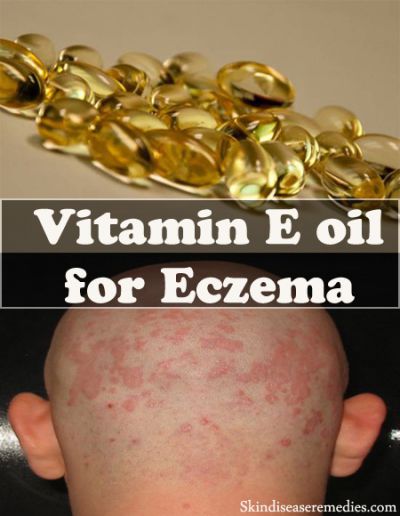Neem leaves and oil has got prominent space in Ayurveda to treat skin and health ailments. Antibacterial and anti-inflammatory properties residing in neem can effectively heal minor injuries and wounds.
Villages in India are surrounded by big neem trees. Not sure, if they were planted for its medicinal properties or just for shade. The bitter taste of neem is believed to be beneficial for health and villagers use neem twigs to brush their teeth.
Unfortunately, western world is not aware of this miraculous tree. However, the oil extracted from neem seeds is used by most westerners to treat skin ailments. Neem oil for eczema works effectively because of its healing properties.
Eczema is a chronic skin condition that has no cure. (1) But, using steroids and home remedies like neem oil you can reduce eczema flare ups. Commonly known as atopic dermatitis, eczema triggers rigorous itching making your skin red and dry. Rashes are formed at different parts of the body and it’s quite annoying to scratch all the time.

Neem oil can’t permanently treat eczema, but it can reduce the symptoms.
Before dwelling into neem oil, let me write few lines about eczema.
As discussed above, eczema makes your skin scaly and dry. Mere cause of eczema is unknown. However, research states that hereditary may trigger eczema flare ups. Other irritants include soaps, detergents, dust mites, hot and cold temperature, foods, stress and hormones.
Neem Oil and Eczema
Your skin is surrounded by natural oil that protects it from infection. First symptom of eczema is that your skin becomes dry and it starts itching. To combat atopic dermatitis, one must hydrate the skin and avoid scratching.
Neem oil is renowned for its moisturizing properties. Emollient activity of neem oil locks the moisture over your skin and avoids scratching. Not just for eczema, you can use neem oil to hydrate your dry skin. Dry skin is the main cause of major chronic skin infections.
When you hydrate your skin regularly and stay away from irritants like tight clothes, contact with animals, wool, chemical filled creams and cool temperature you can control eczema flare ups.
- Nimbin and nimbidin, the two agents in neem oil exhibits anti-inflammatory properties. Apart from hydrating your skin, neem oil reduces redness of flare-ups and restrains bacterial infection.
- Analgesic activity of neem oil reduces pain caused by rigorous itching.
- Antibacterial and anti-fungal agents in neem oil thwart bacterial and fungal infections.
- Regenerative properties in neem can enhance healing of your skin.
- These assorted properties can actually make your skin supple, wrinkle free and remove dark spots.
In short, neem oil can hydrate your skin, reduce redness of eczema flare-ups and relieve you from pain. Above all this, neem has no side-effects and cost effective.
How to Use Neem Oil for Eczema?

Are you still using soap or creams over your affected skin? Stop using them right now. They stripe natural moisture from the skin and make it dry. Even if the soap has neem extracts in it, stop using it.
Neem oil is made in different variations to satisfy various ailments. So, do your research to select the prefect neem oil that can treat eczema or other similar skin infections.
High concentration of neem oil can worsen the eczema situation. So it’s recommended to blend neem oil with other carrier oil. (Patch test before using it) Experts recommend dropping few neem oil drops in your bath tub before taking bath. Another way is to apply neem oil over affected parts after taking bath, when the skin is still damp.
Alternatively, you can crush neem leaves with turmeric and add some water to make thick paste. Wash the affected part of the skin with lukewarm water and apply the paste. Avoid hot water, as it will irritate your skin.
You can also prepare neem oil at home, boil mustard oil and add neem leaves to it. When the neem leaves turns black, off the flame and strain neem leaves.
Did you ever use neem leaves or oil for eczema? Share your views in comments.



